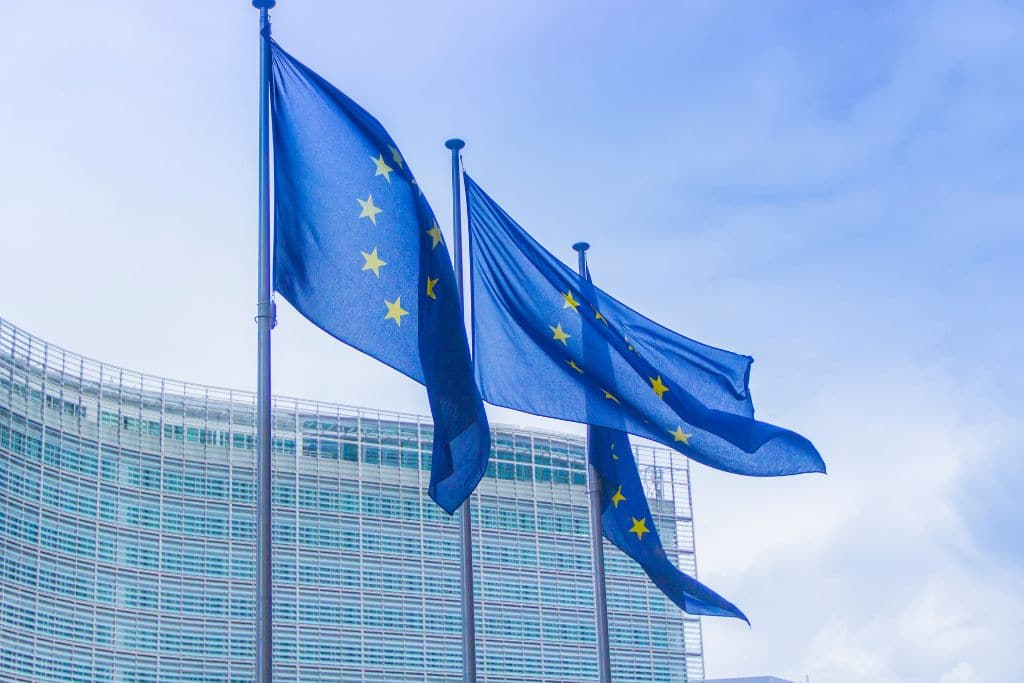After late-night talks, the 27 member countries agreed on tougher climate measures, including a ban on the sale of combustion engines by 2035 and a €59 billion fund to compensate those affected by the new energy transition policies. The agreement is seen as a huge step for the EU – the world’s third-largest emitter of greenhouse gases – towards achieving the goals set by the European Green Deal.
—
The environment ministers from the 27 EU member states agreed their joint positions on five laws proposed last year by the EU’s executive that were part of a broader package of measures and policies to slash the block’s emissions this decade.
The agreement, reached in the early hours of Wednesday in Luxembourg, signals a major step towards delivering the European Green Deal, an ambitious package of measures to meet the EU climate change goals of cutting at least 55% of greenhouse gas emissions from 1990 levels by 2030 and reaching net-zero by 2050.
Ministers’ backing of the ban, despite fears among some member states that the energy crisis sparked by the war in Ukraine would hinder environmental plans, paves the way for the final negotiations with the European Parliament. “The Council is now ready to negotiate with the European Parliament on concluding the package, thereby placing the European Union more than ever in the vanguard of fighting climate change,” – said Agnès Pannier-Runacher, the French Minister for the energy transition.
Besides a ban on the sale of combustion engines by 2035, the agreement includes a phaseout of permits for industries to emit a certain amount of CO2 emissions as well as a crackdown on the import of products and commodities linked to deforestation.
Moreover, the ministers agreed on a €59 billion (USD$61bn) fund to finance countries’ efforts to improve energy efficiency and shift to a low-emission transport system as well as shield low-income and vulnerable citizens from the costs associated with the climate change transition over the coming years.
The amount agreed on Wednesday was lower than the original €72bn (USD$75bn) proposed by the commission. Indeed, a group of countries led by Germany had initially rejected EU plans to ban the sale of new combustion engine cars, citing concerns that manufacturers elsewhere in the world would fill the gap.
Christian Lindner, Germany’s finance minister, warned that the move would force the country – Europe’s largest car market – to accelerate its electrification plans, with the consequent loss of hundreds of thousands of jobs. Instead, the commission agreed to a caveat proposed by Germany to review the contribution of ‘e-fuels’ made from captured carbon dioxide towards reducing emissions.
However, campaigners agree that these can be as detrimental as fossil fuels as they generate a similar amount of emissions as petrol-powered engines and argue that the caveats could make it more difficult for the EU to achieve the targets set by the European Green Deal.
You Might Also Like: EU Green Deal to Eliminate Polluting Cars by 2035 and Reach Net-Zero Emissions by 2050


















